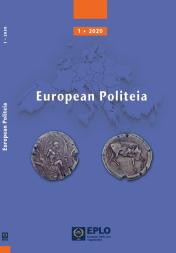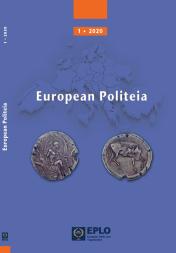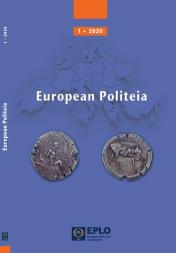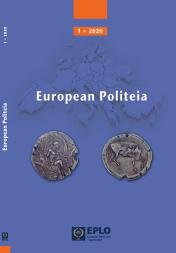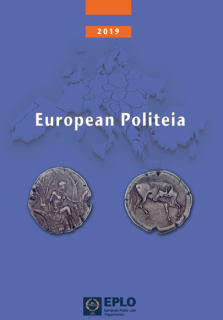
The Rule of Law and the CJEU: Filling in the Political Gap?
Dr., Associate Professor of Public and EU Law, Law Department, University of Cyprus
The concept of the rule of law in the EU and its inherently integral parts have been brought to the surface in recent years. The statement of the values upon which the Union is founded in Article 2 TEU has lacked effective procedural guarantee, primarily through the politicised compliance mechanism of Article 7 TEU. At the epicentre of the issue remains the contested understanding of the rule of law that proved to be non-universal, especially when Member States claim sovereign authority for reorganising their judicial architecture. Moreover, such attempts have important implications for effective judicial protection, for mutual recognition and for the EAW and the asylum system. In that complex background, the CJEU’s jurisprudence has been able through the preliminary reference procedure and also through the direct actions for infringements, to attribute a legal effect that is justiciable. The Court has connected the rule of law with effective judicial protection, by partly utilising Article 47 EU Charter and Article 19 TEU. On that basis, the independence of the national judiciary has been approached as an integral part of the independence of the European judges (ASJP case). The case law has not been unproblematic, given the dual character of the Aranyosi test that requires both assessment of the systemic deficiencies and of the impact on the specific individual. In effect, the formula resembles both the Solange approach and the ECtHR’s Bosphorus presumption, yet with modification as regards the rebuttal of the presumption in support of mutual recognition. In that framework, national courts seemed to have struggled to apply the test, as the Celmer saga in Ireland suggests. Finally, the area is still developing, with the CJEU’s judgment in Case C-619/18, Commission v. Poland being immanent after the AG’s very recent Opinion.















